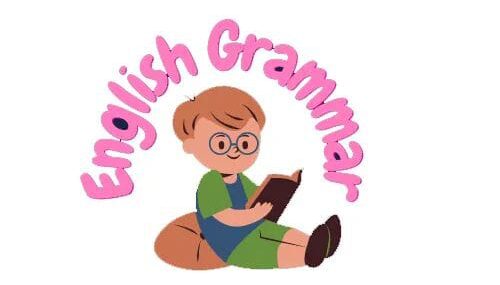Use of Can
‘Can’ shows ability and cannot( can’t) expresses inability.
Subject + can + verb + object + etc.
- I can speak two foreign languages.
- She can’t solve the puzzle.
- I can drive a lorry.
- He can play the guitar.
- They can win the race
- I can defeat him in a race.
- You cannot lend him money.
Use of Can and Could in the present, past, future
- Can and could (able to) both are used to express ability (present, past, and future):
- You can play the piano well. (is able to)
- I could solve the Sudoku puzzle. (was able to)
- He will be able to solve the puzzles. ( future of can)
- He has been able to solve the physics numeric. ( perfect of ‘can’).
- Note: be able to or be capable of is used in the place of ‘can’.
Examples:
- She is able to speak French.
- He was able to fight with them.
- She will be able to pass the exams.
- My brother is capable of speaking German.
- Poonam was capable of speaking in front of the students.
- Pankaj Som was capable of teaching mathematics.
Sometimes we use ‘can’ in the sense of (may) to give permission. “May” is more formal than “use of Can”
- She can go now, or she may go now.
- You can buy vegetables from this shop.
- Can I go to granny’s home?
- Can I see your novel?
- You can choose any jeans, or you may choose any jeans.
- Can I go, or may I go?
- Note: these kinds of sentences are used in the sense of be allowed to/be permitted to.
Examples:
- She is allowed to enter the class.
- They are permitted to go now at once.
- She is permitted to join our group.
- You are allowed to play with girls.
Can and could express Possibility or uncertainty:
- It can be very hot in summer (=it is sometimes very hot in summer)
- You are above fifty. You can forget your keys (= old aged people often forget keys.)
- Don’t go from this road, you can trap in traffic here. (= the road which often is used by vehicles may have traffic there).
Could:
- you could come on time if you got up early.
- You could pass the exams. But you were sick.
- Who is he with Shalu? He could be her husband. (Possibly he is)
- What’s her age? She could be eighteen. (Possibly she is)
- Note: Can is used to express theoretical possibility:
- Everyone can forget.
- Everyone can make a mistake.
- Everyone can learn what is required.
- Prohibition/offer:
- She cannot play chess with us. (prohibition)
- He cannot enter college. (prohibition)
- Can I lend you money? (Offer)
- Can I pay your bill? (Offer)
- Can I bring some novels for you? (Offer)
- Can I help you in lifting your grass? (offer)
Exercise – “Use of can”
Fill in the blanks with the appropriate auxiliary verbs:
- ………. You speak English in assembly? (can/may/could)
- ……….. he beat you? (can/may)
- ………. You lend me some money please? (can/could/may)
- He …….. lift 100 kg. weight now. (can’t/couldn’t)
- She doesn’t have money. She ……. Help you. (cannot/could not)
- Everyone ……. Run. (can’t/couldn’t)
- She says that she ……… solve the puzzle. (can/could)
- My father said that I ……… Pass the IAS interview. (can’t/couldn’t)
- An innocent person …….. cheat you. (can’t/couldn’t/mayn’t)
- ……… I have you pen? (can/could)
- He ………. speak English. (is able to /are able to)
- They …….. permitted to go now. (is/are/am/was/were)
- ………. She buy a Ferrari car? (could/can)
- He …….. allowed to go then. (is/are/was)
- ……. Your brother capable to learn how to fight now? (is/are/was/were/can)
